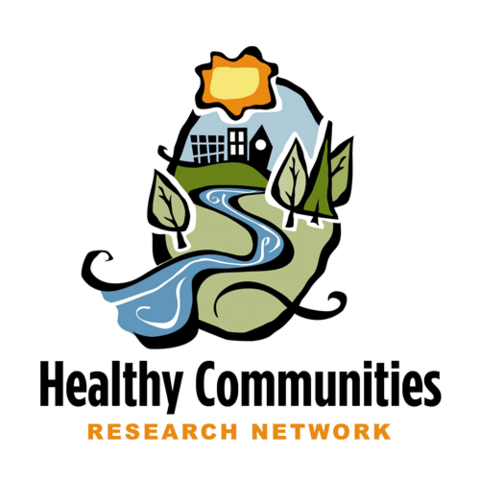
Healthy Communities Research Network
Advancing the quality of community life
The Healthy Communities Research Network (HCRN) at the University of Waterloo, led by Professor Troy Glover, serves as a dynamic hub of faculty and graduate researchers dedicated to examining the social, cultural, and spatial forces shaping community life.
Grounded in applied qualitative methods, HCRN advances research that catalyzes social innovation, empowers local communities, and informs policy and place-based practice. Together with community, government, and organizational partners, HCRN builds capacity, fosters social connectedness, and amplifies human flourishing through evidence‑informed research and interventions.


Director
Troy Glover
Professor
Department of Recreation and Leisure Studies
University of Waterloo

Considering grad school?
We welcome graduate students—both Master’s and PhD—who are passionate about building healthier communities through research that makes a difference.
Whether you're interested in placemaking, social infrastructure, social isolation, or community planning, the Healthy Communities Research Network (HCRN) offers a space to explore meaningful, relevant questions that matter to people and places.